8 Nutritious Foods That Are High In Vitamin B12
)
Coconut milk, especially when fortified, can provide a source of vitamin B12 for those with deficiencies. It's a popular dairy alternative, rich in healthy fats. Fortified coconut milk helps maintain energy levels and nerve health. Including it in your diet can support better nutrient absorption and prevent B12 deficiency.
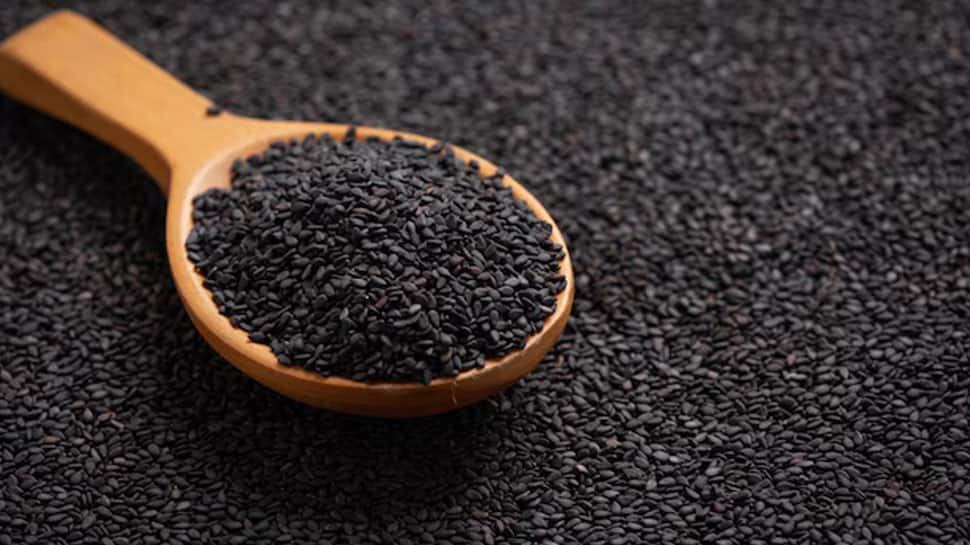
While sesame seeds themselves aren’t high in vitamin B12, they are rich in essential minerals like iron, calcium, and healthy fats that complement a B12-rich diet. Adding sesame seeds to meals can boost overall nutrition, supporting red blood cell production and enhancing the absorption of other vitamins.

Amaranth is a nutrient-dense grain, though it doesn't contain B12, it's rich in protein, iron, and magnesium, which aid in overall nutrient absorption. Consuming amaranth alongside B12-fortified foods or supplements helps support energy levels and cell health, vital for individuals dealing with B12 deficiency.
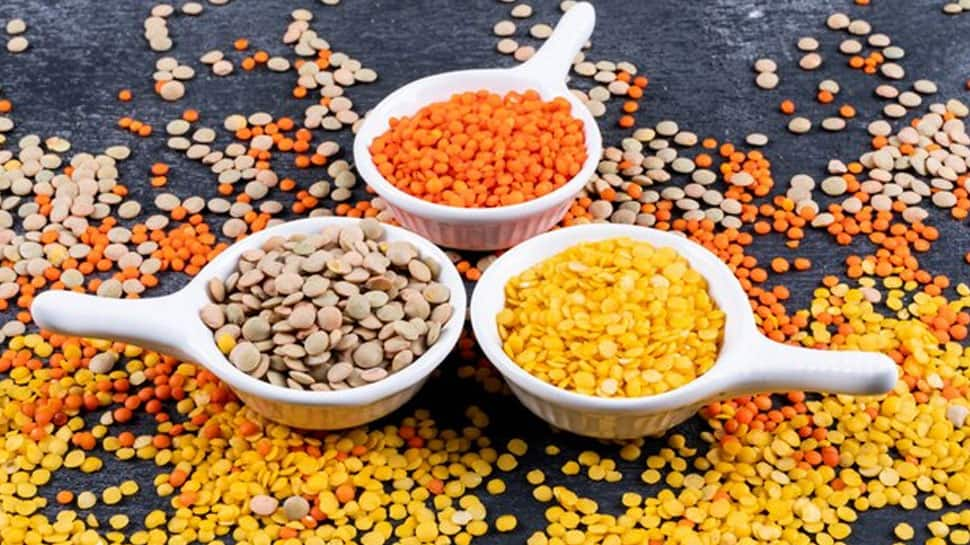
Lentils are an excellent source of plant-based protein, iron, and folate, though they lack vitamin B12. When paired with B12-fortified foods or supplements, lentils help improve overall nutrient absorption and maintain energy levels. They play a key role in a balanced vegetarian diet supporting cell and nerve health.
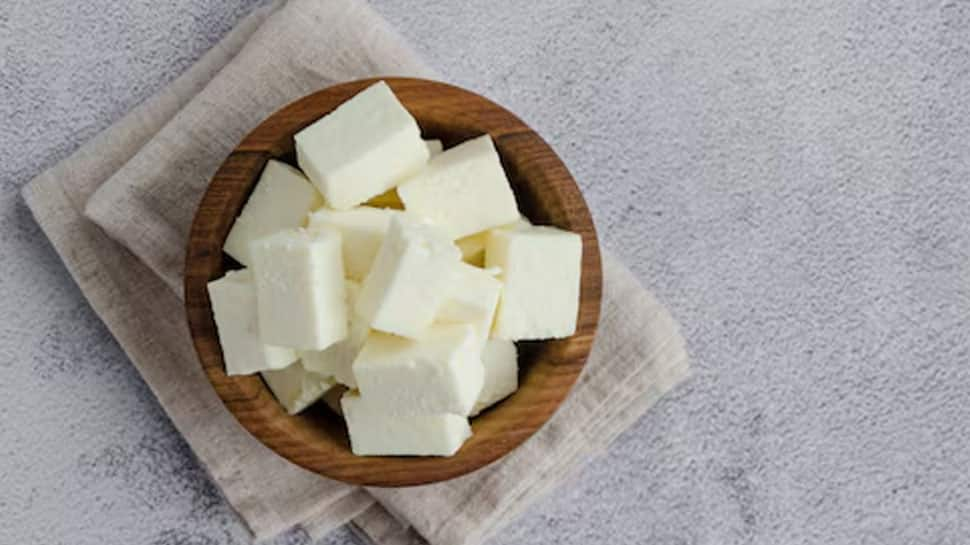
Paneer, a popular Indian cheese, contains moderate levels of vitamin B12, making it beneficial for those with B12 deficiencies. Regular consumption of paneer supports nerve function, energy production, and red blood cell formation. It is also a good source of protein and calcium, contributing to overall health.
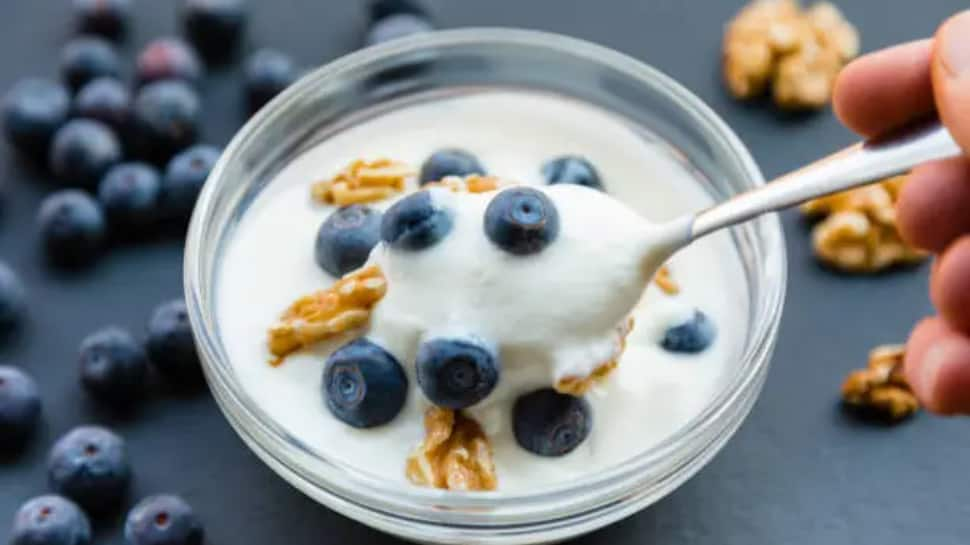
Yogurt is a natural source of vitamin B12, making it valuable for those with B12 deficiencies. It also provides probiotics that improve gut health and enhance nutrient absorption. Including yogurt in your diet helps maintain healthy nerves, energy levels, and supports a strong immune system.
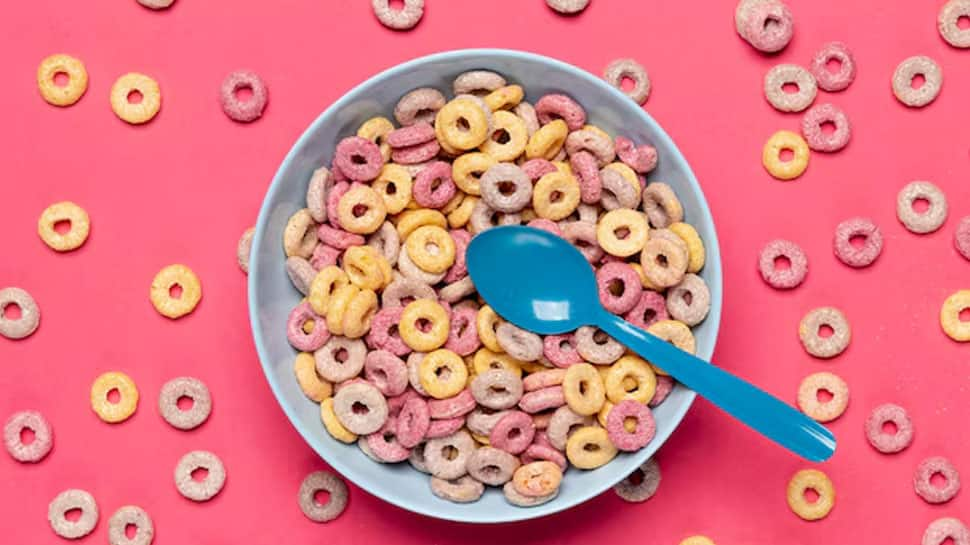
Fortified breakfast cereals are often enriched with vitamin B12, making them an excellent option for those with deficiencies, especially vegetarians. These cereals provide a convenient way to meet daily B12 needs, supporting energy levels, brain health, and red blood cell production when consumed as part of a balanced diet.
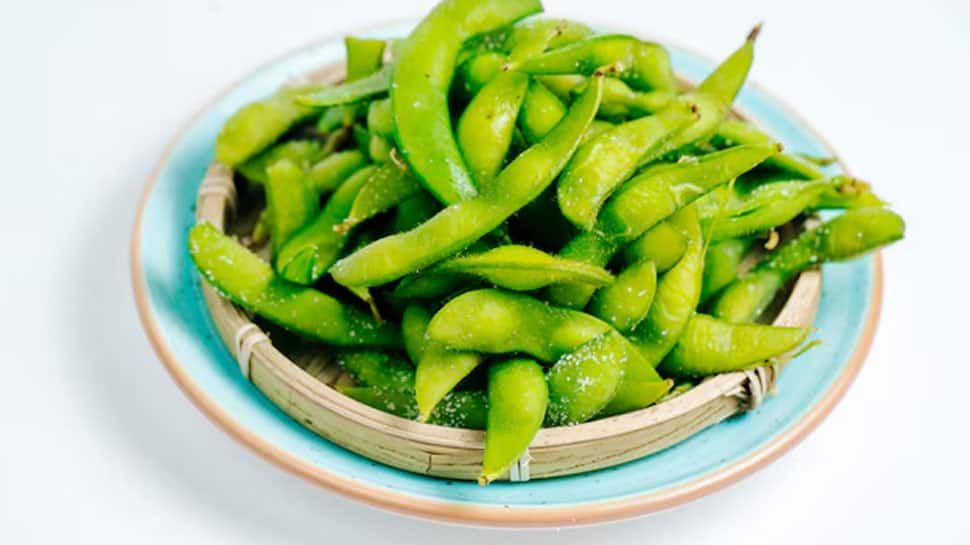
Edamame, though not naturally high in vitamin B12, is a great source of plant-based protein and iron. When combined with B12-rich foods or supplements, edamame supports energy production and muscle health. It's an excellent addition to a balanced diet aimed at preventing or managing B12 deficiency.

(This photo gallery is meant for informational purposes only and must not be considered a substitute for advice provided by qualified medical professionals.)

